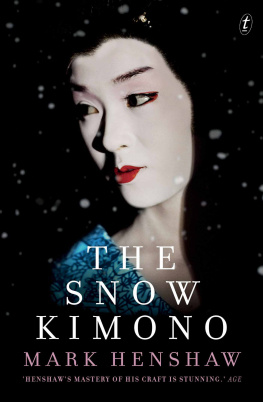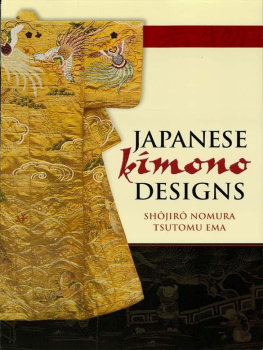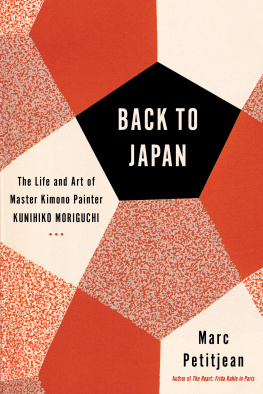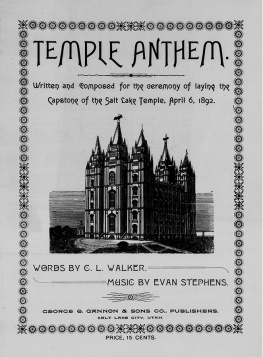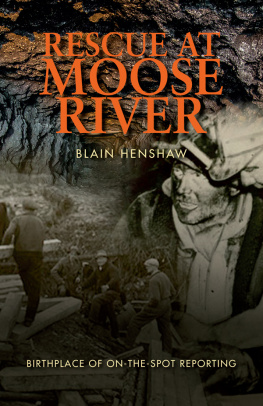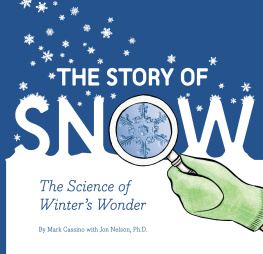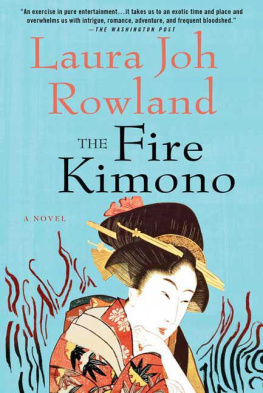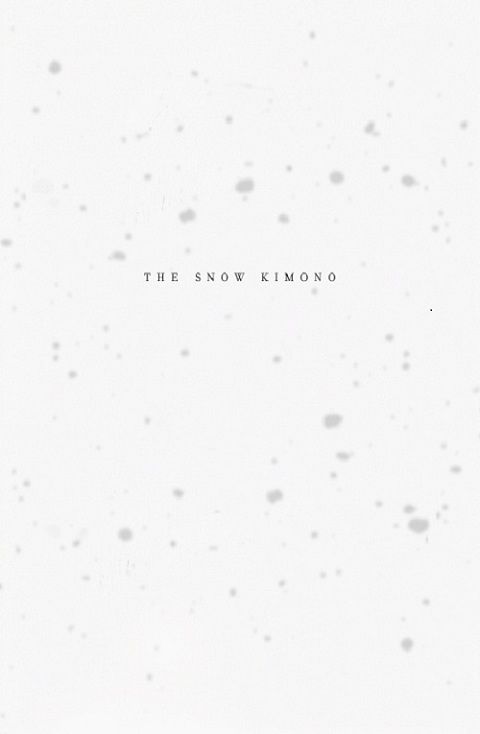
Mark Henshaw has lived in France, Germany, Yugoslavia and the United States. He currentlylives in Canberra. His first novel, Out of the Line of Fire (1988), won the FAW BarbaraRamsden Award and the NBC New Writers Award. It was also shortlisted for the MilesFranklin Literary Award and the Age Book of the Year Award. Out of the Line of Firewas one of the biggest selling Australian literary novels of the decade, and is beingrepublished in the Text Classics series.
In 1989 Mark was awarded a Commonwealth Literary Fellowship, and in 1994 he won theACT Literary Award. Under the pseudonym J. M. Calder, in collaboration with JohnClanchy, he has written two crime novels, If God Sleeps (1996) and And Hope to Die(2007). His work has been widely translated. For many years he was a Curator of InternationalArt at the National Gallery of Australia. He recently returned to writing fictionfull-time.

textpublishing.com.au
The Text Publishing Company
Swann House
22 William Street
Melbourne Victoria 3000 Australia
Copyright Mark Henshaw 2014
The moral right of Mark Henshaw to be identified as the author of this work has beenasserted.
All rights reserved. Without limiting the rights under copyright above, no part ofthis publication shall be reproduced, stored in or introduced into a retrieval system,or transmitted in any form or by any means (electronic, mechanical, photocopying,recording or otherwise), without the prior permission of both the copyright ownerand the publisher of this book.
First published in 2014 by The Text Publishing Company
Cover and page design by W. H. Chong
Typeset in Guardi by J&M Typesetting
National Library of Australia Cataloguing-in-Publication entry:
Author: Henshaw, Mark, 1951
Title: The snow kimono / by Mark Henshaw
ISBN: 9781922182340 (paperback)
ISBN: 9781925095326 (ebook)
Dewey Number: A823.3
To my wife, Lee.
I could not have a better companion
with whom to share this great adventure.
I can be sure that even in this tiny, insignificant episode there is implicit everythingI have experienced, all the past, the multiple pasts I have tried in vain to leavebehind me
ITALO CALVINO
If on a Winters Night a Traveller

On his return, after many years absence, Kenji-san went to see his blind friend.
He told him of Abyssinia, that mysterious land, of his many adventures there.
So, Keiichi, he said, when he had finished. What do you think of Abyssinia?
It sounds like a magical place, his friend said, as if returning from a dream.
But I lied to you, Kenji-san said. I was never there. I know, his friend replied.But I was.
OTOMO NO TSURAYUKI
The Night of a Thousand Brocades
Part I
FUMIKO

Chapter 1
THERE are times in your life when something happens after which youre never thesame. It may be something direct or indirect, or something someone says to you. Butwhatever it is, there is no going back. And inevitably, when it happens, it happenssuddenly, without warning.

Paris: July 1989
When Auguste Jovert stepped out of his apartment building on rue St Antoine to gethis evening paper, it was dusk. The streetlamps were lit. Rain still fell in a thinmist. The roads shone. To anybody else it would have been obviousaccidents hoveredlike hawks in the air.
As he made his way along the wet pavement, in his coat, his umbrella unfurled abovehis head, he was thinking about a letter he had received that day. It was from ayoung woman, someone he had never met before, who had made an extraordinary claim.She claimed she was his daughter.
He had stood that morning in the cool, empty foyer of his apartment building readingand re-reading the letter. He did not at first see the small photograph caught inthe corner of the envelope. When he did, he raised it to his face. One look intothe young womans eyes and he knew that it was true.
For thirty years, Jovert had worked as an Inspector of Police. Before that, he workedfor the French Territorial Police in Algiers. Recently he had retired, and ever sincethen he had had the strangest feeling, the feeling that he was lost. While he worked,he barely had time to think. Things kept at bay. Now, however, fragments from hispast had begun to replay themselves in his head. It was as if, now that he was approachingthe end of his life, the overall pattern of his existence was about to be revealedto him. But the moment of revelation never came. Instead, he began to have doubts,to wake up at night. Whats more, he constantly had the impression that somethingwas about to happen. Then something did happen. The letter arrived.

It seemed to him later, recalling the accident, that at one moment he had been thinkingabout the letter, and the next he was lying flat on his back in the gutter lookingup at the intricate expanse of the underside of a car. He could feel the heat fromthe engine on his face and hear the tiny tinking sounds of its cooling pipes. Odddrops of water fell about him and onto his forehead. One wheel of the car restedon the pavement above his head.
In the distance, he could hear the urgent rise and fall of a siren. He turned hishead tentatively to his right. There, suspended beneath the rim of the car, was amans face. He was wearing glasses. His upturned hat lay on the roadway beside him.
The man was kneeling down, staring at him. Jovert saw now that he was bald, thathis perfectly burnished head was studded with thousands of tiny, incandescent hemispheresof light. He looked from one tiny dazzling world to the next. He saw the mans mouthmoving. The tip of his tie rested on the wet roadway. A dark circle had begun toform about his knee. Jovert had wanted to tell him. Then a peculiar thing happened.All the lights went out.

Two days later, Jovert left his apartment once again to get his evening paper. Thistime on crutches. Six weeks, the doctor had said. He had held the X-rays of Jovertsknee up to the hospital window. Maybe more, he said.
On his way home, Jovert sat down on the bench opposite St Pauls to rest. He tookthe envelope he had received earlier that week out of his coat pocket, read the address.
Inspector A. Jovert
Le Commissariat de Police
36 Quai des Orfvres
75001 PARIS, FRANCE
He looked at the stamp, brought it up close to his face. Only now did he see thatit had been franked some months before.
He took the letter out and read it through once again. She did not know whether hewas still alive, she said. She had only recently discovered that he was her father.She wanted him to know that she existed. She did not say why. I make no demands onyou, she wrote. But then, at the end: Perhaps, if you wanted, you could write tome. And she gave him a name, an addressMathilde Soukhane, 10 rue Duhamel, Algiers.
He took the photograph out of the envelope. He recalled the day almost thirty yearsbefore when he had seen her mother for the first time. It had been in Stif, in anarrow side street. He had been walking up the chipped stone stairs. She had emergedsuddenly, like an apparition, from an unseen door in the wall, her dress so white,so dazzling in the light that it was like some momentary disturbance in the air itself.
Next page
